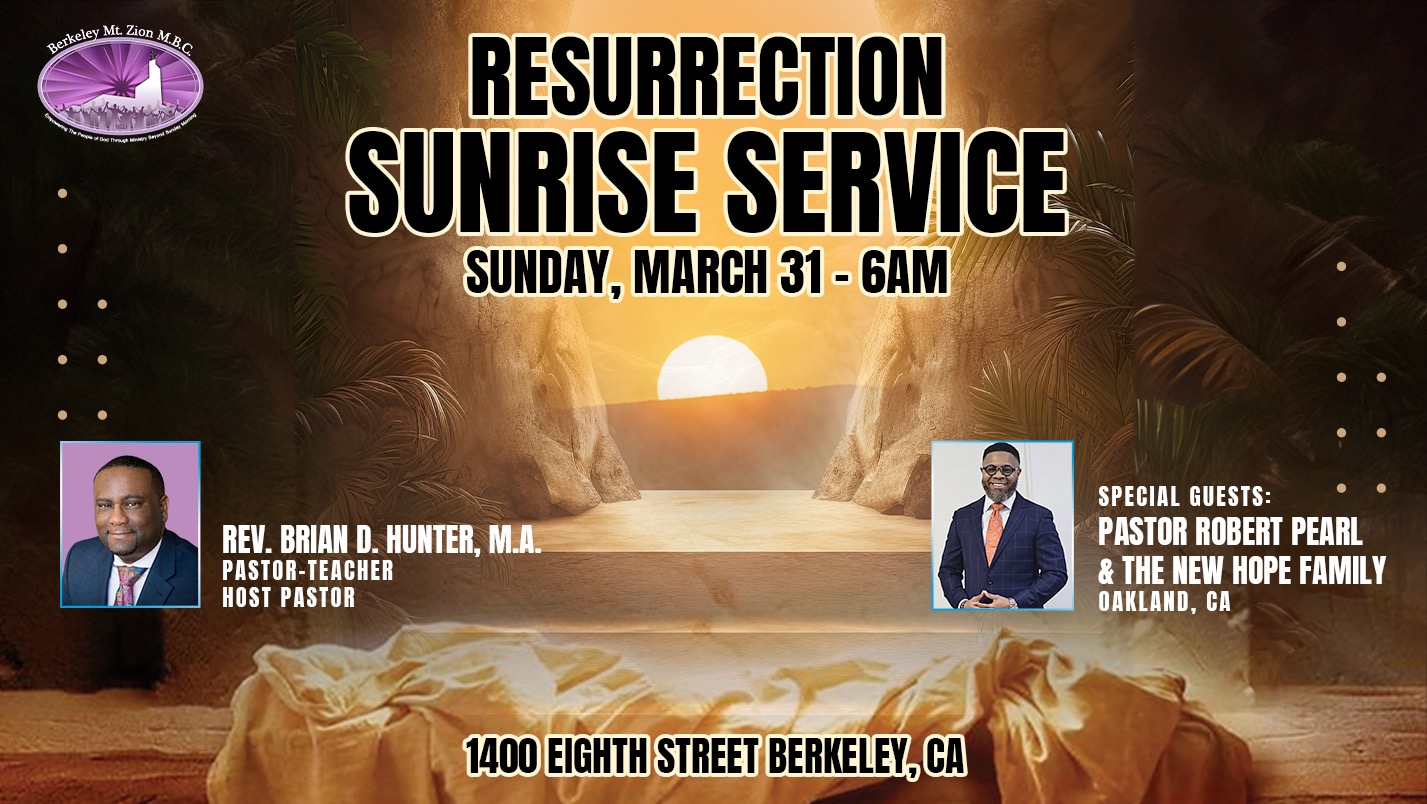Have you ever stopped to truly think about what happens after life here on earth? It’s a pretty big question, isn’t it? For many people, the idea of coming back to life, or what we call ressurection, is a really powerful concept. It offers a sense of hope and a different way of looking at what seems like a final ending. So, it's almost a universal human curiosity, this thought of defying the very last breath.
This idea of rising again, you know, it’s not just a passing thought; it’s something that has shaped cultures and beliefs for thousands of years. It speaks to a deep longing within us, perhaps, for continuity, for something more than just what we see and experience every day. People, in a way, have always wrestled with the big questions about existence and what comes next.
Today, we're going to take a closer look at what ressurection means, drawing from some core ideas and ancient texts. We'll explore how this concept, particularly in one significant instance, offers a unique perspective on life, death, and what it all means for us. It’s a story, you see, that has really touched countless lives.
Table of Contents
- What is Resurrection? A Basic Idea
- Resurrection Versus Reincarnation: A Key Difference
- Jesus and the Defeat of Death: A Central Belief
- The Meaning for Us Today
- Frequently Asked Questions About Resurrection
What is Resurrection? A Basic Idea
When we talk about ressurection, or sometimes you hear the word "anastasis," we are essentially talking about the idea of someone coming back to life after they have died. It’s pretty straightforward, actually, this concept of returning from the realm of the deceased. It’s not just about a temporary revival, like waking from a coma, but a full return to life after being truly gone.
This idea, you know, carries a lot of weight. It suggests that death isn't necessarily the final word. Instead, it proposes that there can be a continuation, a renewal of life, even after what appears to be an absolute end. So, it's really a powerful thought that challenges our usual perceptions of mortality.
For many, this concept brings a sense of wonder, a feeling that there's something more to existence than just our earthly span. It's about a belief in a future beyond what our eyes can see right now. And that, in itself, is a very comforting thought for some, providing a bit of light in moments of sorrow.
Resurrection Versus Reincarnation: A Key Difference
Now, it’s worth noting that there’s a similar idea out there, but it’s quite distinct. Reincarnation is a process that some other beliefs and religions consider. It also involves a person or a divine being returning, but it's typically into a different body or form. So, it’s a bit like a soul moving on to a new vessel, you know, for another go at life.
With ressurection, the focus is often on the same individual coming back, often in a transformed but recognizable body. It’s not about starting fresh in a completely new form. Instead, it’s about a direct continuation, a triumph over the very state of death itself for that specific person. This distinction, you see, is really important for understanding the different spiritual paths.
Basically, reincarnation suggests a cycle of rebirths, where the spirit moves from one life to the next, learning and evolving. Resurrection, on the other hand, often points to a singular, decisive event, a victory over death that changes everything for that individual. It’s a very different kind of return, you know, with distinct implications for what happens after.
Jesus and the Defeat of Death: A Central Belief
In the context of Christianity, the ressurection of Jesus holds a truly central place. It’s a core belief, a fundamental truth that everything else pretty much hinges on. This belief states that Jesus Christ was brought back to life from the dead on the third day after he was crucified. This event, you know, is seen as his conquering of death itself.
The idea is that through his rising, death was defeated once and for all. This wasn't just a personal victory for Jesus; it was something that changed the game for everyone. As Peter, a significant figure in early Christianity, proclaimed on a very important day called Pentecost, "God raised [Jesus] from the dead, freeing him from the grip of death." That’s a powerful statement, isn’t it?
This event, the resurrection of Christ, truly signifies a pivotal moment. It’s seen as a profound transformation and a definitive victory over the power of death. The most significant example of resurrection in the Bible is found in the New Testament, where Jesus’ resurrection is detailed. It is, to be honest, the cornerstone of the entire faith.
God's Story Intersects with Ours
One of the really profound things about Jesus Christ and his resurrection is the belief that through this event, God actually entered time. Before this, you know, mankind was often left to create its own stories to try and make sense of things that seemed impossible to explain. People would come up with their own narratives to cope with the mysteries of life and death.
But with the resurrection, the belief is that God’s own story intersected directly with humanity’s story. It wasn't just people trying to figure things out on their own anymore. Instead, there was a divine intervention, a direct act from a higher power that changed the course of everything. This intersection, you see, is considered a turning point for humanity.
This means that people were no longer alone in trying to piece together the inexplicable. A divine narrative, so to speak, had joined their human experiences. It offers a sense of connection, a feeling that there’s a greater plan at work. It’s a very comforting thought for many, knowing that their story is part of something much bigger.
Evidence and the Best Explanation
When people look at the accounts and the historical context, the truth of the resurrection, for many, emerges very clearly as the best explanation for what happened. There are various perspectives, of course, but for those who believe, the evidence points strongly in this direction. It’s a compelling narrative, you know, that has stood the test of time.
There really isn't any other theory that even comes close to accounting for all the details and the impact this event had. It’s a pretty unique claim, and its effects on history and human belief systems are undeniable. So, people often find themselves drawn to this explanation because it seems to fit the pieces together in a way that others don’t.
The Bible, you know, contains many verses and scriptures that both predict Jesus' resurrection and speak to the reality of his resurrected body. These texts are seen as testifying to the truth of the event. It’s a body of work that has been studied and debated for centuries, and for believers, it provides strong support for the resurrection. For instance, you can find more about these prophecies and testimonies in various theological texts and scholarly articles. You can learn more about the historical and theological perspectives of Jesus' resurrection here.
The Meaning for Us Today
Jesus rising from the dead on that third day after his crucifixion is believed to have a truly profound purpose: to be the savior of all humankind. This means that through his victory over death, a path was opened for everyone. It’s a message of hope, you know, that extends to every person.
For those who embrace this belief, the resurrection offers a powerful promise. It suggests that death isn't the final chapter, but rather a doorway to a different kind of existence. It’s a very comforting thought, providing peace and assurance in the face of life’s uncertainties. So, it really changes how one views the future.
This idea, in a way, provides a sense of ultimate victory and transformation. It’s about overcoming the greatest fear, the fear of non-existence, and finding meaning and purpose beyond what we can immediately grasp. It's a story that continues to resonate with millions around the world, offering a powerful narrative of hope and new beginnings. At the end of the day, it's about what you choose to believe and how that belief shapes your outlook.
Frequently Asked Questions About Resurrection
What is the main difference between resurrection and reincarnation?
Well, basically, ressurection is about coming back to life in the same body, often transformed, after death. It’s typically seen as a singular event, a victory over death for that specific person. Reincarnation, on the other hand, is usually about a spirit or soul being reborn into a different body, perhaps many times, as part of a cycle of existence. So, it’s really about whether you return as the same individual or in a new form.
Why is Jesus' resurrection so important to Christians?
Honestly, Jesus’ resurrection is considered the absolute core of Christian belief because it signifies that death has been defeated. It shows, you know, that God has ultimate power over life and death. For Christians, it’s proof of Jesus' divine nature and his ability to offer eternal life. It’s also seen as the foundation of their hope and faith, making sense of all the other teachings.
Is there any evidence for the resurrection?
People who believe in the resurrection often point to various forms of evidence. This includes the biblical accounts found in the New Testament, which detail the events and the appearances of Jesus after his death. Additionally, the rapid spread of Christianity and the willingness of early followers to suffer and die for their belief are often cited as strong indicators. Many scholars and theologians, you know, have written extensively on the historical arguments supporting the resurrection, suggesting it's the best explanation for the historical facts.



Detail Author:
- Name : Lola Davis
- Username : marquardt.flossie
- Email : pacocha.claudie@casper.com
- Birthdate : 2006-04-02
- Address : 3663 Hagenes Unions Runolfsdottirfurt, CT 23342-0868
- Phone : +1-269-397-2063
- Company : Kreiger PLC
- Job : Machine Tool Operator
- Bio : Et qui aut illum eum repudiandae. Reprehenderit harum culpa maxime qui molestias quam ipsum repellendus. Ex eius praesentium saepe vel molestias recusandae eveniet. Possimus fugit unde nesciunt.
Socials
twitter:
- url : https://twitter.com/gusikowski2010
- username : gusikowski2010
- bio : Corporis fugit quo qui aut quia incidunt. Ut nihil eum aut earum itaque.
- followers : 5861
- following : 2504
facebook:
- url : https://facebook.com/allen_gusikowski
- username : allen_gusikowski
- bio : Nihil qui possimus est sit dolor eveniet.
- followers : 4010
- following : 1763
instagram:
- url : https://instagram.com/gusikowskia
- username : gusikowskia
- bio : Nostrum deserunt nostrum non expedita. Inventore id sit molestias.
- followers : 6179
- following : 2478
linkedin:
- url : https://linkedin.com/in/allen_gusikowski
- username : allen_gusikowski
- bio : Voluptatibus sit eaque delectus architecto.
- followers : 3683
- following : 708

